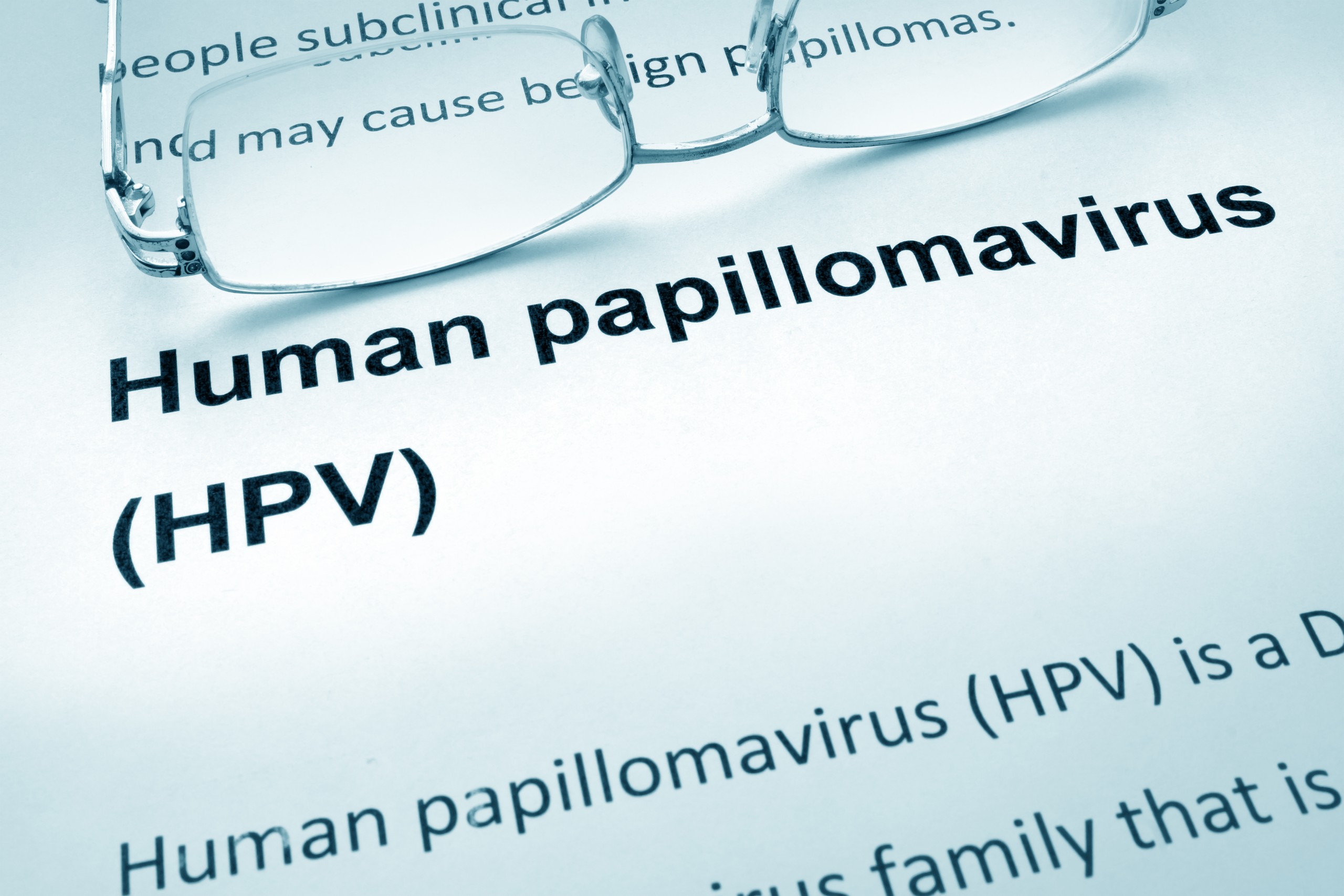Human papillomavirus (HPV) causes more than 95 percent of cervical cancers. Cervical cancer is the fourth most common cancer among women according to the World Health Organization. Preventative screenings (eg pap tests) have greatly reduced the number of women who develop cervical cancer.
What Is HPV?
Human papillomavirus (HPV) is a sexually transmitted virus with more than 200 subtypes that fall into two groups: low risk and high risk.
Low-risk HPVs rarely cause disease but can lead to minor symptoms that usually clear up on their own.
High-risk HPVs can lead to cancer if the immune system cannot clear the infection
What Are the Symptoms of HPV?
HPV symptoms often go unnoticed or clear up on their own with help from the body’s immune system. If the immune system is unable to resolve the infection, affected men and women could see warts or tumors in the infected areas.
Cervical cancer may develop after an HPV infection. For most women with healthy immune systems, cervical cancer often develops over 15 to 20 years after infection . Women with weakened immune systems may see signs of cervical cancer as soon as five years after infection.
What Is Cervical Cancer?
Cervical cancer is a type of cancer that begins in the cervix, the part of the uterus that connects to the vagina. It is usually a result of HPV infection that the body’s immune system couldn’t resolve. In this case, the infection survives in the cervix for years, which can lead to cervical cancer.
What Are the Symptoms of Cervical Cancer?
An unresolved HPV infection can cause cervical cancer. Symptoms often aren’t felt early on. This is why it’s so important to schedule routine screenings with your doctor.
Signs of advanced cervical cancer include:
- Vaginal bleeding between periods and after intercourse or menopause
- Pelvic pain
- Vaginal discharge
Be sure to visit your doctor if you are experiencing any of these symptoms.
What Are the Types of Cervical Cancer?
- Squamous cell carcinoma starts in the thin, flat cells that line the outer part of the cervix. This is the most common type of cervical cancer.
- Adenocarcinoma begins in the column-shaped cells that line the cervical canal.
What Factors Increase Your Risk of Developing Cervical Cancer?
- Smoking
- Other sexually transmitted infections (STIs) such as chlamydia, gonorrhea, syphilis and HIV/AIDS
- A weakened immune system
- Increased number of sexual partners
- Taking birth control pills for five or more years
Is Cervical Cancer Preventable?
When it comes to preventing cervical cancer, doctors will recommend you get the HPV vaccine to protect yourself against the infection. In addition to quitting smoking and practicing safe sex, you can also schedule routine screenings like pap tests to ensure there are no signs of cervical cancer.
How Can You Treat Cervical Cancer?
Treatments options often depend on the stage of cervical cancer and a patient’s pre-existing health conditions (if any). Most patients are good candidates for at least one effective treatment option or in some cases a combination of cancer treatments.
Surgeries:
- Surgically removing cancer using a cone biopsy. This leaves the cervix intact and is typically for women who hope to become pregnant in the future.
- Trachelectomy is a surgery to completely remove the cervix in the early stages of cervical cancer. Women may still be able to get pregnant because the uterus remains intact after surgery.
- Hysterectomy is a surgery to remove the cervix, uterus and nearby lymph nodes to test for disease spread. Once the uterus is removed, it is impossible to become pregnant.
Non-Surgical Treatments:
- Chemotherapy kills cancer cells using a chemical drug that can be administered through a vein or taken in a pill.
- Radiation therapy kills cancer cells using high-energy X-rays or protons. Radiation can be be delivered via external beam radiation and/or internally using brachytherapy, in which a radioactive source is delivered near the tumor through the vagina.
Find An Experienced Radiation Oncologist in Roseburg, Oregon
If you are facing a recent cervical cancer diagnosis, our dedicated team at Community Cancer Center is here to support you throughout your diagnosis and treatment. We offer state-of-the-art treatment plans like radiation therapy to target cervical cancer.
Call 541-673-2267 (Ext. 5100) to learn more about our treatment options in Roseburg.
